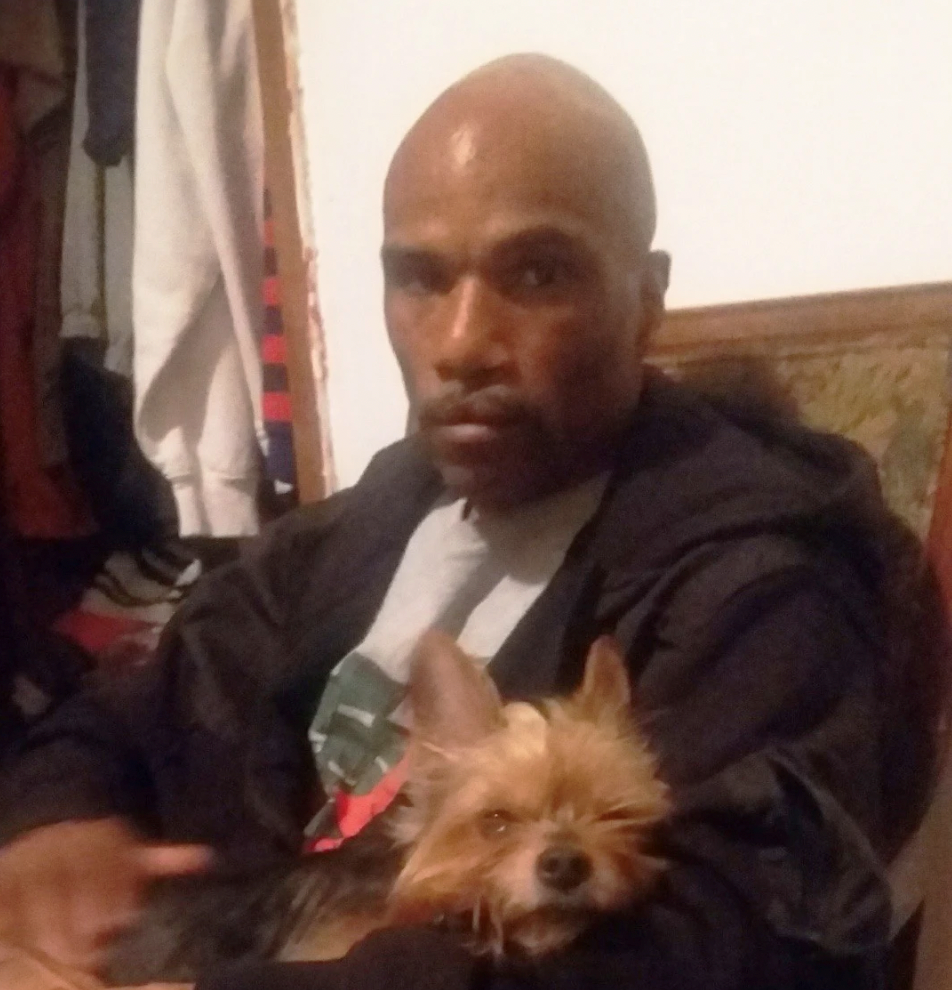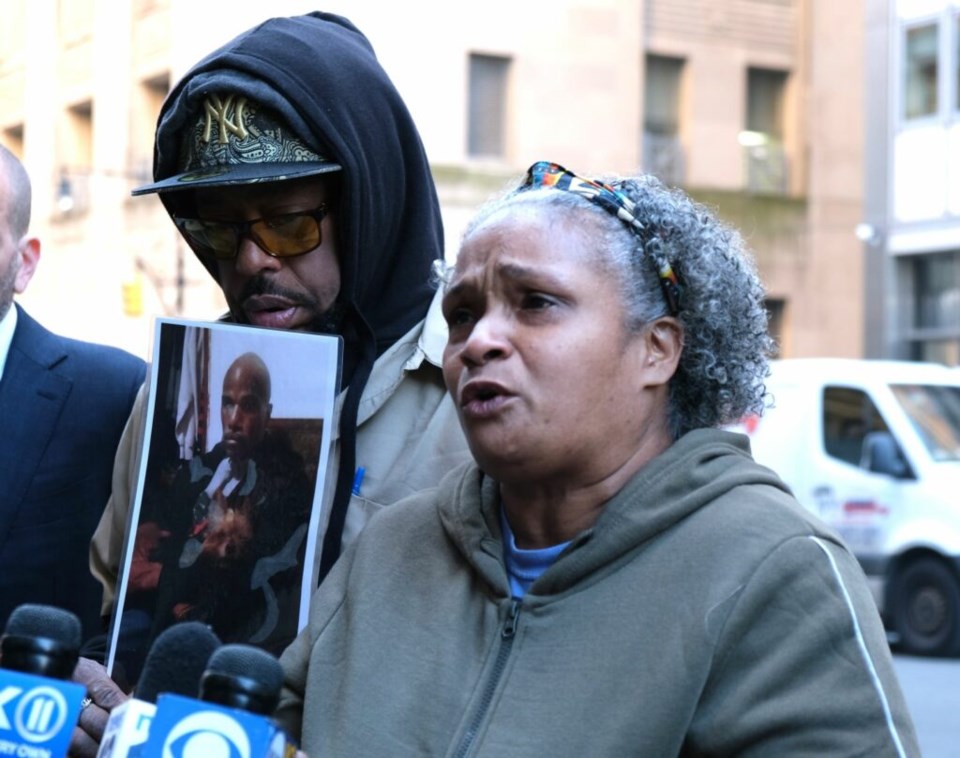Julie Floyd’s son called his mom last April to tell her the police were at his door with news about his uncle Anthony.
Brooklyn officers Orkhan Mamedov and Evan Siegel were reportedly transporting people in a New York Police Department van when they struck and killed Ronald Anthony Smith on Eastern Parkway near Schenectady Avenue in Crown Heights. Smith was in the median when he was hit on April 7.
“It was like someone punched a hole in my chest,” Floyd said, about hearing the news.
Floyd, in coordination with the Justice Committee, called for footage of the incident to be released to the public. The Attorney General’s Office, which is investigating the case, released that footage in December 2022.
Street camera videos from the intersections before the crash show the van moving faster than surrounding traffic and driving through at least one red light as it traveled along the rain-slicked street. After veering onto the median and hitting Smith, Mamedov reduced speed for about 40 feet, carrying Smith’s body on top of the van, before coming to a stop.
Body camera footage from the incident is significantly redacted, but it shows Mamedov taking out his cell phone to call an ambulance before administering intermittent — and at times what appear to be one-handed — chest compressions. Upon first watching the video in the AG’s office, Floyd, who works in healthcare, said she found this part particularly disturbing.
“I’m CPR-certified; I know what it looks like,” she said. “And that was just, it was desecration."
In seeking justice for her brother’s death, Floyd has navigated what, for families who have lost loved ones to police, is an all-too-familiar pattern of stop-and-go judicial processes.
“I want to get through this. I want to get through the interviews, I want to get through having to deal with AGs and mayors and being put in spotlights and doing TV stuff. I’m already way out of my element,” Floyd said.
“I need to do this for Anthony. I know if it was me, it would be a dog with a bone.”
Floyd and Smith were close. The pair were adopted when Floyd was about 5, and Smith was 6. The story Floyd had been told — though she has never been able to confirm its authenticity — is that when the siblings were found, Smith was panhandling for food with one hand and holding her hand with his other.
After getting adopted, Floyd and Smith grew up in Cambria Heights, where they spent time playing on the block with other kids until the streetlights came on. Smith was protective of his sister; they had each other’s backs.
“It was always us,” she said.

Throughout his adult life, Smith frequently returned to panhandling, which is what he was doing when he was killed. Floyd said she didn’t think he needed to, and the two would get into arguments about the habit, but that she guessed he did it because it was familiar.
Smith worked on and off at Goodwill, a laundromat and a bodega, and he stayed in shelters when he was not living with Floyd. He also volunteered in food kitchens and food pantries. He liked to be involved, Floyd said. Once Smith even enlisted to hand out condoms around the city.
For loved ones, Smith’s death has brought trauma and grief. Floyd lives near Cross Bay Boulevard in Queens, a busy thoroughfare with two medians she has to cross regularly to get to work.
Now, when she has to stand in the median, Floyd will often grip a beam that holds up the train track above and freeze in place. Now, seeing police cars drive by makes her afraid.
“My body feels very tight all the time,” she said.
“Because now I’m scared, because now I know. They take away a lot more than the person. They take away your sense of safety.”




